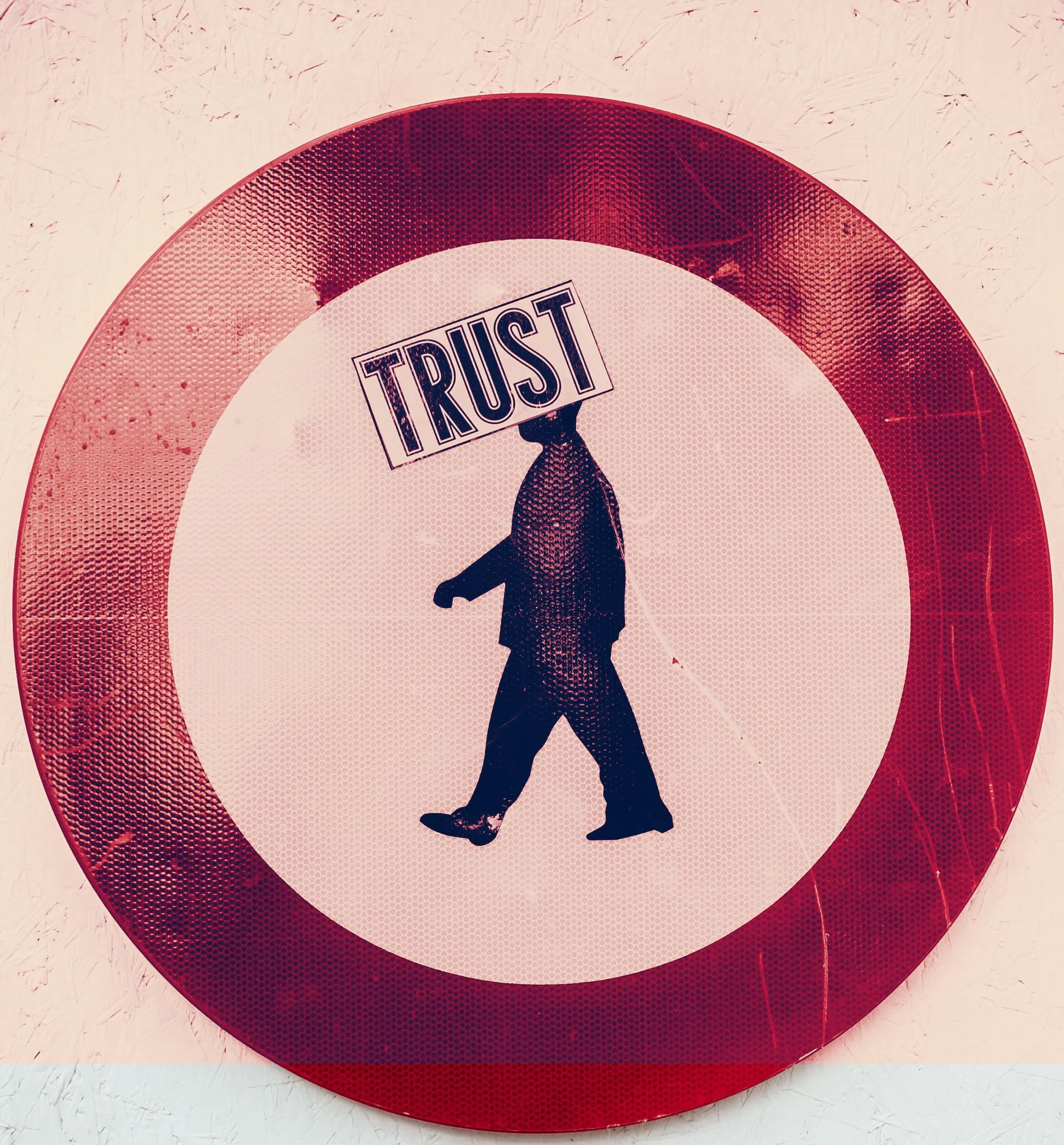Each morning, when we look at email sent to editor@decrypt.co, we find a handful of messages from sketchy organizations, and possibly fake people, asking how much we'd charge for "paid placement" of an article. Here's a typical one:
Hi,
We were checking out your website, decryptmedia.com, and really like what we see, so we wondered if you’d be interested in a written-for-you article to publish on the site?
Though our content would reference one of our clients, we will also make sure the piece is timely, relevant, and right for your readership. And we’re willing to pay you $100 (through PayPal) for your time and effort.
Can we send you a draft to review? Or maybe you still have questions? If so, let me know and I’d be glad to answer them.
Hope to hear from you soon,
Eleanor Webb
Yeah, don't hold your breath, Ms. Webb. We do not accept any articles for paid placement. (We won't take any articles for "free placement," either.) Nor will we put your paid-for links in our articles. We won't run your press releases for money nor will we take the vast majority of scammy stuff that passes for "advertising," either.
Many crypto "news" sites have a well-deserved reputation for being corrupt; some are little more than fronts for scams. (The great, but short-lived crypto-journalism site, Breaker, published one of its most memorable pieces on this problem.) Scammy crypto sites are such a blight that last month, during a periodic Google "core upgrade," most crypto sites were penalized by the search giant, some unfairly.
This is a long way of saying that Decrypt has begun running so-called "ethical advertising." The ads come from CodeFund, which vets perspective advertisers to ensure that they are legitimate, and promises not to track individual user data. (You can read more about it in a Medium post that went up today, here.) CodeFund defines ethical advertising as "ads that provide value to the advertiser, yet still respect the user," a concept that was pioneered by ReadTheDocs.
Codefund, like Decrypt, is funded by Brooklyn-based incubator ConsenSys. We strive to disclose our affiliation with ConsenSys whenever we write about a ConsenSys-funded company, but we are editorially independent from the incubator. That means that no one from it has any influence over what, or how, we cover this world.
Ethical advertising is a good first step for Decrypt, as we start to generate revenue and pay our own way in the world. (Actually, it's our second: we also take donations via Brave.)
Thanks to the likes of Facebook and Google hoovering up 85 cents of every advertising dollar worldwide, the media business is pretty broken right now. But we have some survival tricks, beyond advertising, up our sleeve, which we hope to reveal soon.
In the meantime, and related to the foregoing: Perhaps you've noticed the discrete and tasteful purple Signup button in the upper-left corner? Please tap that button and sign up to become a Decrypt member. It's free and you'll get a Decrypt account that entitles you to all sorts of goodies and interesting stuff in the coming weeks. And all of it will be ethical.

